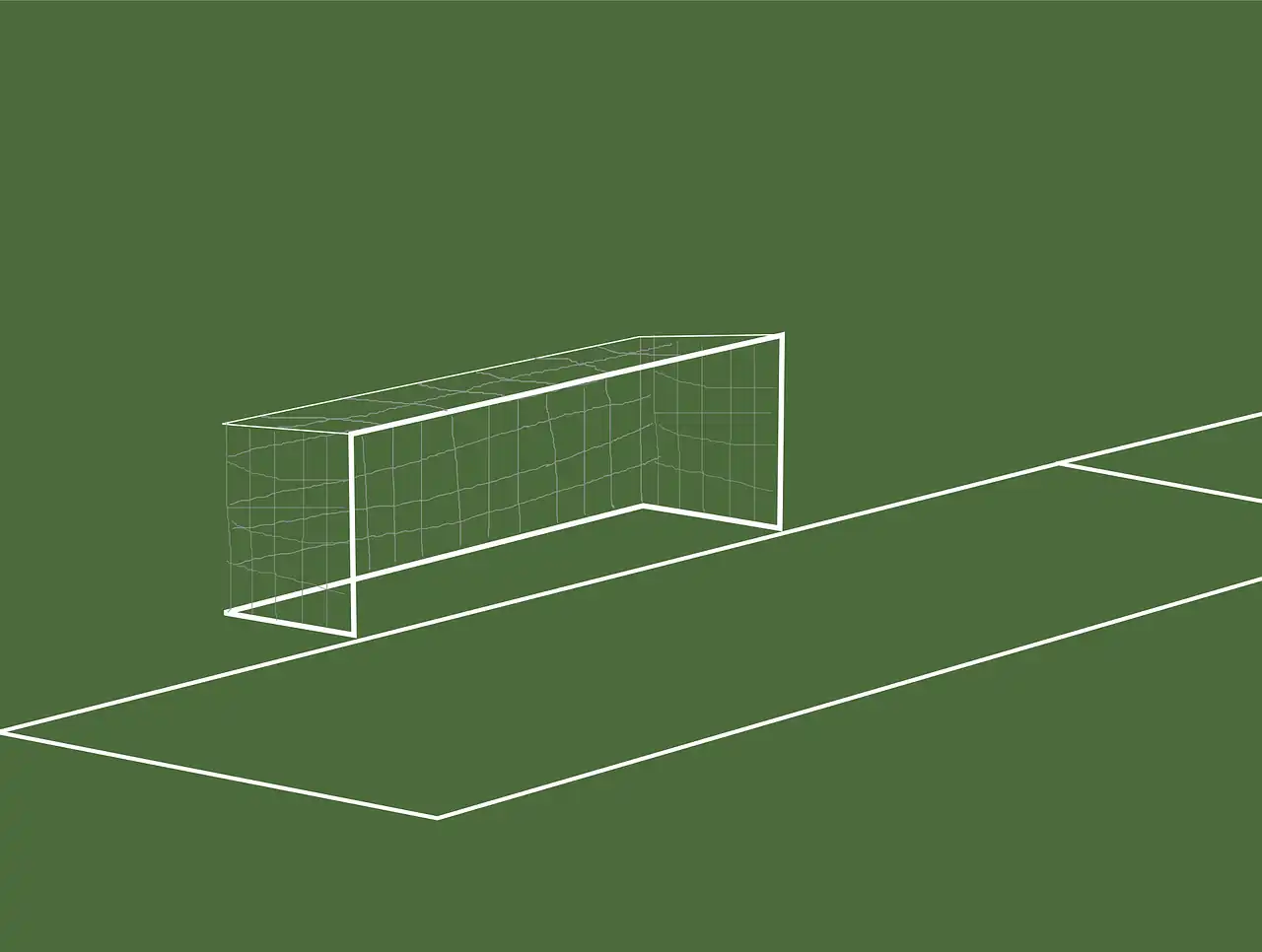The Beautiful Revolution: How Ajax and the Oranje Forged Total Football in the 70s
Muhe - Friday, 25 July 2025 | 07:00 AM (WIB)


The Amsterdam Blueprint: Rinus Michels and Ajax's Genesis
The story really begins in Amsterdam, under the visionary guidance of coach Rinus Michels. He wasn't just a manager; he was a philosopher of the game. Michels looked at the static positions of football and thought, "Nah, we can do better." His revolutionary idea was simple yet profound: every player should be able to play every position. Defenders could push up, midfielders could drop back, and attackers would press like their lives depended on it. It was a fluid, almost balletic chaos that bewildered opponents.At the heart of this footballing revolution was Johan Cruyff, a skinny kid from Betondorp who possessed a mind as sharp as his feet were quick. Cruyff wasn't just a player; he was Michels' on-field general, the conductor of this intricate orchestra. With players like Johan Neeskens, a tireless box-to-box midfielder, and Ruud Krol, a graceful and versatile defender, Ajax became unstoppable. They practically invented the high defensive line and the coordinated press, a concept that now dominates modern football. Watching them was a sight to behold – a whirlwind of orange and white jerseys swarming the opponent, always moving, always thinking, always creating.And boy, did it work! Ajax didn't just win; they dominated. They lifted the European Cup three times in a row, from 1971 to 1973, leaving a trail of utterly shell-shocked European giants in their wake. They didn't just defeat teams; they dismantled their tactical frameworks, leaving them scrambling for answers. It wasn't just about the goals, though there were plenty; it was the way they scored them, the collective effort, the sheer audacity of it all. It was, quite frankly, epic.Oranje Takes the World Stage: From Club to Country
The natural progression was for this club philosophy to spill over into the national team. While the 1974 World Cup saw Michels reunited with his star pupil, Cruyff, the team itself was a magnificent blend of Ajax and Feyenoord players – a testament to the fact that this wasn't just an Ajax thing anymore; it was a Dutch thing. The world wasn't ready. The Oranje arrived in West Germany and immediately captivated everyone with their audacious, exhilarating style.They weren't just playing football; they were putting on a show. The Dutch team, clad in their iconic orange, seemed to glide across the pitch. Their performance against Argentina (4-0) was a masterclass, but it was their dismantling of reigning champions Brazil (2-0) and East Germany (2-0) in the second group stage that truly cemented their legend. Cruyff's famous turn (the Cruyff Turn, naturally) became an instant classic, a symbol of their daring innovation. They moved with such synchronicity that it felt like they were anticipating each other's thoughts. It was beautiful, it was brutal, and it was undeniably effective. They reached the final having scored 14 goals and conceded just one.Then came the final against West Germany, the hosts. The Dutch kicked off, completed 15 passes without a German touching the ball, and Cruyff was fouled in the box for a penalty within the first minute. Neeskens scored. It was an opening statement that practically screamed, "This is our World Cup!" But football, as we know, can be a cruel mistress. Despite their dazzling play, they ultimately lost 2-1 to a disciplined West German side. It was a crying shame, a result that still haunts many fans to this day. They didn't win the trophy, but they won something far greater: the hearts of millions and an eternal place in footballing folklore.Legacy Beyond the Scoreline: A Game Forever Changed
The legacy of that Ajax team and the 1974 Dutch national side isn't measured in just silverware, though they collected plenty. It's measured in the countless coaches and players they inspired. Total Football became the blueprint for attacking, fluid football. You can see its fingerprints everywhere: from Arrigo Sacchi's AC Milan, to Pep Guardiola's Barcelona and Manchester City, to Jürgen Klopp's high-pressing Liverpool. The idea of positional interchange, collective pressing, and playing out from the back – they practically invented it.They showed the world that football could be more than just a battle of strength and tactics; it could be an art form. It could be fluid, intelligent, and thrillingly unpredictable. They made the game beautiful, even when it broke their hearts. The spirit of Total Football, of daring to be different, of prioritising collective brilliance over individual heroics (though they had plenty of those too, thanks to Cruyff), continues to ripple through the sport today. It reminds us that sometimes, the greatest impact isn't always about the trophies you lift, but the indelible mark you leave on the game itself.
Liverpool vs Arsenal Prediction: Week 3 of the 2025/2026 Premier League
14 days ago

Rayo Vallecano vs. Barcelona Prediction: Week 3 of La Liga 2025/2026
14 days ago

Messi's Last Dance? The GOAT Hints at a Potential World Cup Farewell in 2026
15 days ago

Real Madrid vs Mallorca Prediction: Los Blancos Aim for Third Consecutive Win
15 days ago

West London Derby: Chelsea vs. Fulham Prediction, Week 3 Premier League Match
16 days ago

Manchester United vs Burnley Prediction: Tough Test at Old Trafford
16 days ago

The Roar of History: Why Almaty Ortalık Stadium Isn't Just a Venue, It's Kazakhstan's Heartbeat
16 days ago

Wayne Rooney’s Stark Warning: Can Manchester United Still Attract Elite Managers?
16 days ago

The End of the Road: Ole Gunnar Solskjaer's Turkish Adventure Concludes Abruptly at Besiktas
16 days ago

Argentina vs. Venezuela: Lionel Messi's Final Moments in Home?
16 days ago
